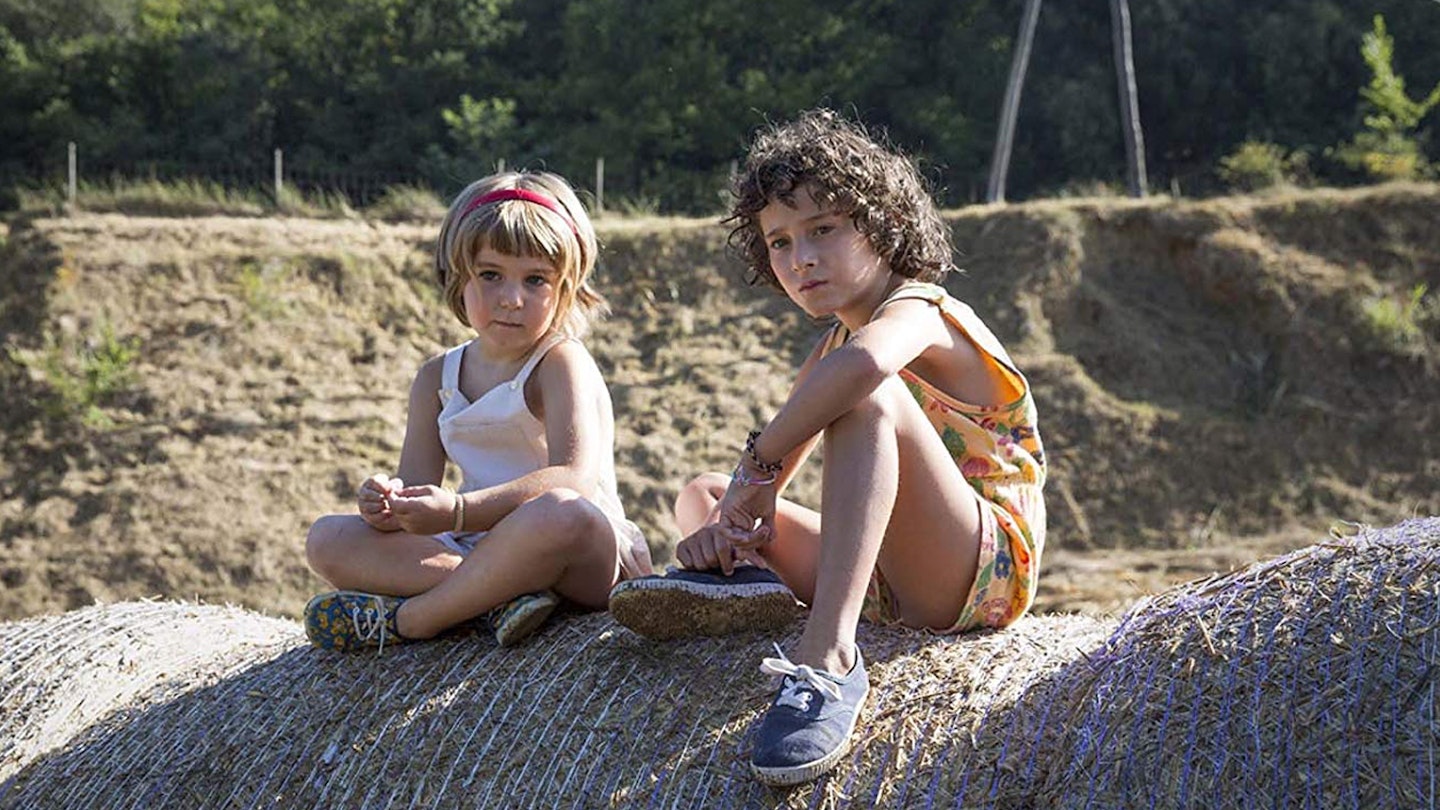Any emerging Spanish child actress is bound to be compared to Ana Torrent, who excelled exquisitely in Víctor Erice's The Spirit Of The Beehive (1973) and Carlos Saura's Cría Cuervos (1976). But Laia Artigas makes her own distinctive mark in London Film School graduate Carla Simón's autobiographical drama, which won the Best First Feature prize at the Berlin Film Festival.
Bewildered by developments since her mother fell ill, Frida is initially seen in isolation or lost in frames filled by grown-ups fussing around her and murmuring about things she doesn't understand. She looks even smaller after she leaves the cramped apartment in Barcelona and finds herself in the Catalan countryside, where she is treated as a curio by gossiping neighbours at a time when AIDS still had shameful connotations. One mother even hauls her daughter away in terror when Frida cuts her knee, and her aunt is nervous about a persistent bout of eczema.
As Frida finds her feet, however, her health becomes less of an issue than her place in her new family. Drawing on her own memories, Simón fixes on Artigas' solemn expression and watchful eyes, as she gauges how to get some of the affection that is lavished upon her younger cousin, Anna (Robles). Jealousy causes her to be spiteful and, on a couple of occasions, recklessly cruel. But, even though Frida contemplates running away after a statue of the Virgin Mary in a woodland shrine fails to answer her prayers, Anna's gladsome devotion helps her reconcile herself to her situation.
Coaxing performances of astonishing naturalism out of Artigas and Robles, Simón deftly uses everyday incidents to capture the darker aspects of childhood innocence, as well as its simple joys. Yet there's nothing sentimental or twee about this grateful missive to the resilience of the director's younger self.
